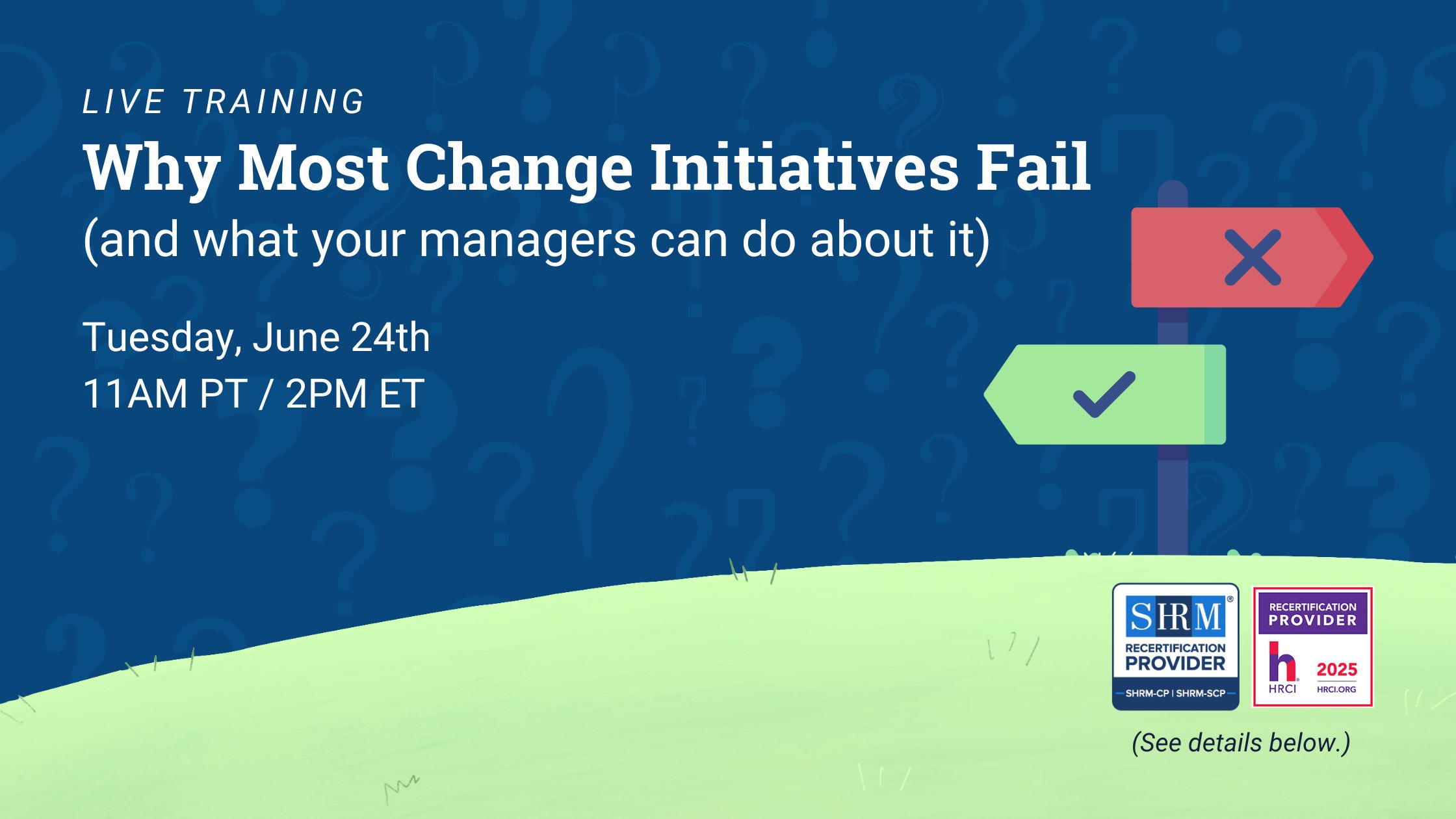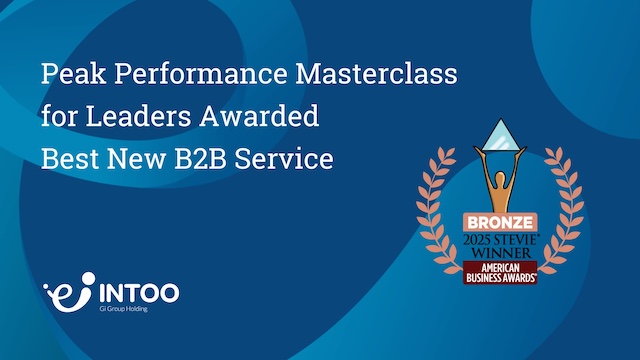In the wake of widespread layoffs, many organizations are promoting employees to managerial positions to fill the gaps left by those who have been let go. However, while this may seem like a quick solution, the reality is that many of these newly-minted managers are unprepared for the challenges they will face. And at a time when many employees may be overburdened, the last thing they need is to be in a situation that creates more work. In this blog post, we will explore why first-time manager training is essential and how it can be provided.
Managers Require Certain Skills
The role of a manager is very different from that of an individual contributor. Managers are responsible for overseeing a team of employees, making decisions that can impact their team, multiple departments, or even the entire organization, and balancing the needs of their team with the needs of the company. This requires a different set of skills and knowledge than those typically required of individual contributors.
While many employees might have strong organizational, prioritization, and problem-solving skills, managers also need to have good interpersonal skills, be adept at planning and strategic thinking, and know how to delegate work, coach and motivate their team members.

Why First-Time Managers May Not Be Prepared
Some employees may aim to be promoted into management positions and use the experience they have gained to their advantage in their new roles. However, when the position is suddenly put upon an employee, that individual may not be prepared for the additional challenges that come with having to assume another’s responsibilities without any structured help with that transition. This is true especially in the wake of layoffs, even for those employees who want to be promoted.
In addition, the stress of the layoffs can make it even more difficult for these new managers to adjust to their new role. They may feel overwhelmed and unsure of themselves, especially if they are managing people who were previously their peers. This can result in poor decision-making and a lack of confidence in their ability to lead their team.
How to Support First-Time Managers
So, what can be done to better support these individuals in their transition to management?
Provide formal training and career development
First, employers can provide formal training and development opportunities for new managers. After all, while leadership qualities may not always be innate, they can be learned. Ideally this first-time manager training would be provided before a change event occurs, as it can be an important part of succession planning and change management, and can help prepare for these situations. But even if the training needs to happen after a layoff or other change event occurs, career coaching, workshops, and mentorship programs can help a manager adjust to and be better equipped for their new role.
Effective first-time manager training should be a comprehensive and ongoing process. It should cover essential skills such as delegation, coaching, and communication. Managers should also be trained on how to balance the needs of their team with the needs of the company, how to make tough decisions, and how to motivate their employees. The training should also help new managers to understand company culture, policies, and procedures, and ensure they have a clear understanding of their role and responsibilities.
Ensure ongoing support and resources
Beyond the initial training, ongoing support is also essential. Managers should have access to mentors or coaches who can provide feedback and guidance. Regular check-ins and opportunities for growth and professional development can also help to support the ongoing development of new managers. Employers can also provide resources such as industry publications, seminars, and other learning opportunities that can help managers stay up-to-date with the latest trends and best practices in their field.
Offer encouragement and flexibility
It’s also essential to recognize that the transition to management can be difficult and overwhelming. Employers can provide new managers with the encouragement and the work-life balance they need to succeed. This can include flexible schedules, access to mental health resources, and other programs that can help to reduce stress and improve overall well-being.
 What Can Happen if New Managers Are Not Supported
What Can Happen if New Managers Are Not Supported
Without proper training and support, first-time managers can become overwhelmed and discouraged. Their direct reports may also suffer without the direction they need. Processes and efficiencies that were once in place may fall by the wayside. At the exact time an organization needs high productivity and performance, those very things may decline by a large percentage. And some employees may choose to leave the company, creating even more challenges with talent shortages and even the financial consequences of hiring and onboarding from outside the organization.
An additional potential negative consequence of not supporting employees—including these first-time managers and their new direct reports—is that they may leave poor reviews on Glassdoor and similar sites. They may complain that the employer didn’t support them or that they were made to report to a new manager who was not properly equipped to lead them. Such reviews can be damaging to an organization’s employer brand and affect retention and future talent acquisition.
First-Time Manager Training Is Necessary
In conclusion, while promoting employees to managerial positions in the wake of layoffs may seem like a quick solution, it’s important to understand that many of these individuals are unprepared for the challenges they will face. By providing formal first-time manager training, ongoing support, and recognition of the difficulty of the transition, companies can better support these individuals and help them build the skills, confidence, and resilience they need to be successful, and can help organizations to avoid the negative consequences that can result from unprepared managers, such as low team morale, high turnover rates, and decreased productivity.
INTOO’s Management Foundations interactive training program offers dynamic discussions and breakouts that energize new leaders and gives them the tools they need to lead with confidence. Contact us today to learn more.
Robyn Kern is a seasoned business writer who has written in the HR, education, technology, and nonprofit spaces. She writes about topics including outplacement, layoffs, career development, internal mobility, candidate experience, succession planning, talent acquisition, and more, with the goal of surfacing workforce trends and educating the HR community on these key topics. Her work has been featured on hrforhr.org and trainingindustry.com.


 What Can Happen if New Managers Are Not Supported
What Can Happen if New Managers Are Not Supported








